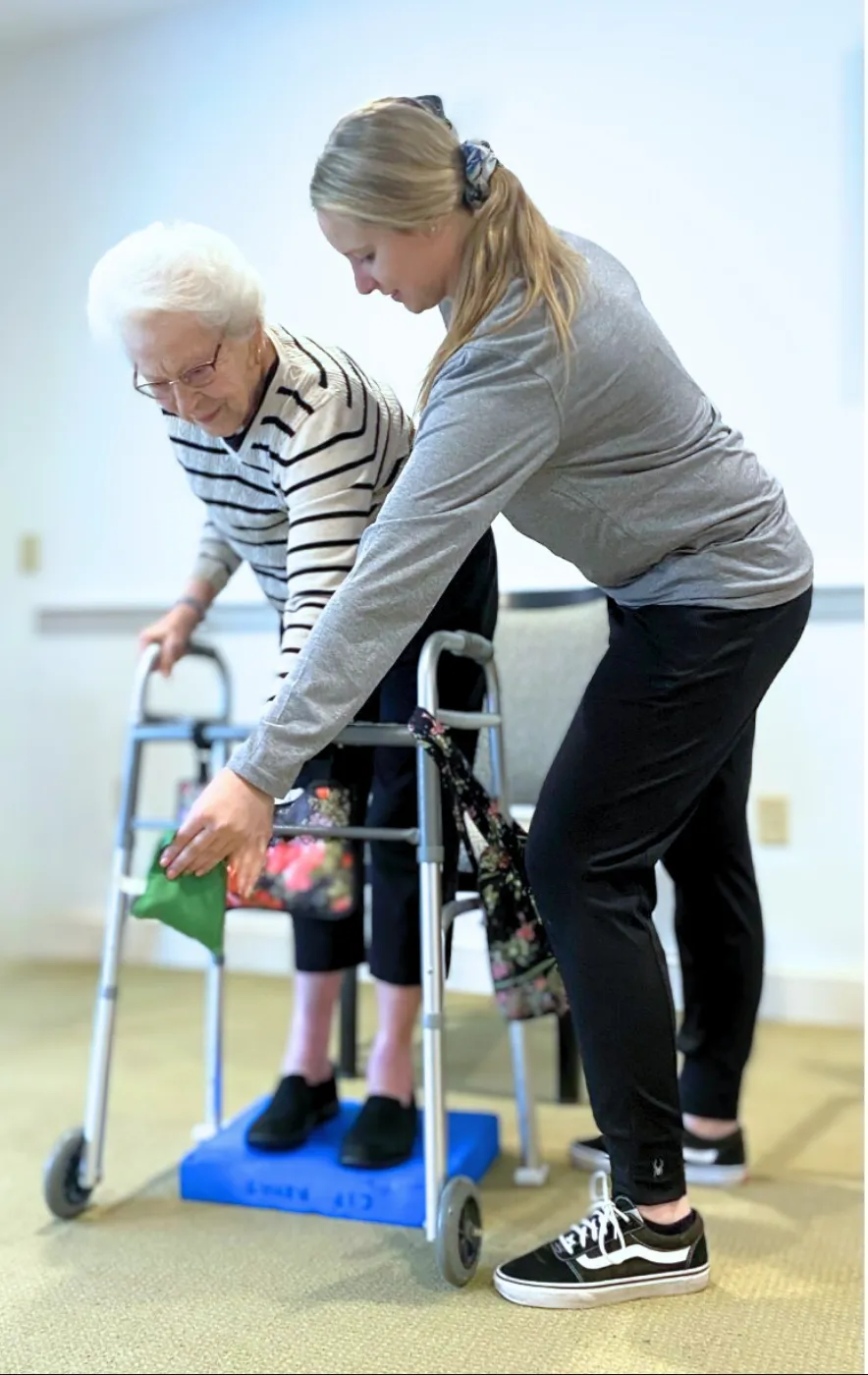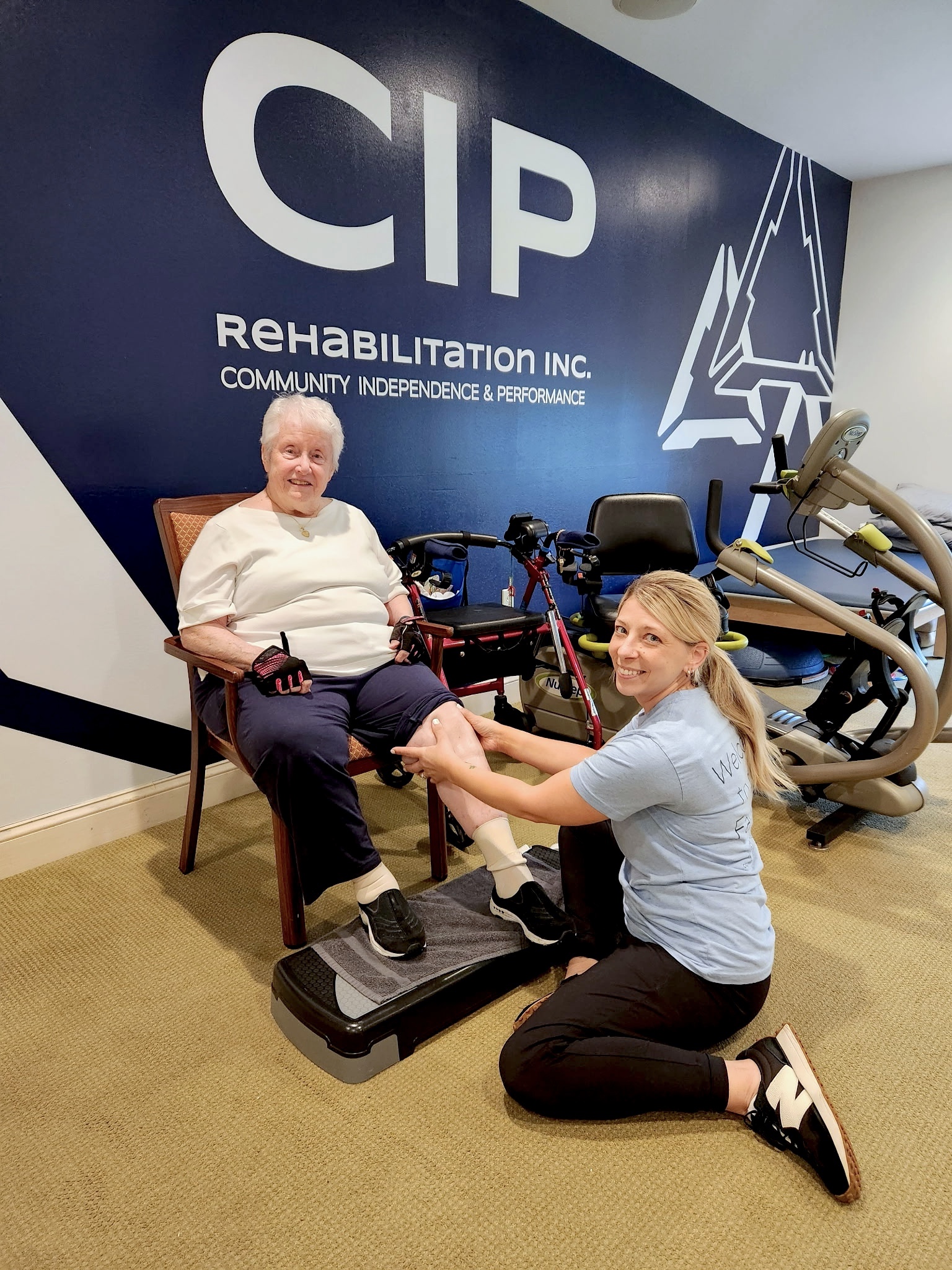Convenient Care
Receive personalized physical, occupational, and speech therapy services delivered directly to your residence.
Getting Started Is Easy
Embarking on your therapy journey with us is seamless. We ensure that all new patients feel welcome, safe, and taken care of.
Join Our Network of Care
Partner with a dedicated team committed to delivering exceptional outpatient therapy. Join us in our mission.
Serving Your Community
We provide services across seven counties: Luzerne, Lackawanna, Wyoming, Monroe, Lycoming, Montour, and Lehigh.

We Treat the Person,
Not the Diagnosis
Whether you're recovering from an injury or working toward a personal goal, your journey is unique. At CIP Rehabilitation, we focus on your motivation and active participation to help you overcome challenges. Together, we'll work toward achieving the wellness and mobility you need to thrive in every aspect of life.
“Our pledge is to always strive for the highest outcomes for our patients. We are a family-owned practice that looks to help not only our patients, but their families and support staff as well. Through education, communication, training, and specific therapeutic techniques/interventions, we plan to provide therapy that far exceeds past experiences.”
— Anthony & Richard Cipoletti
At CIP Rehabilitation, we are committed to delivering personalized therapy services that cater to your unique needs. Here's why you can trust us with your rehabilitation journey:

Personalized In-Home Care
We bring therapy directly to you—whether it's in your home, apartment, or care facility—ensuring that you're comfortable and supported during your recovery process. No need to worry about traveling; we come to you.
Comprehensive Therapy Services
From physical and occupational therapy to speech therapy, we offer a wide range of services designed to help you regain strength, mobility, and independence. Our therapies are customized to meet your specific needs.
Experienced and Caring Professionals
Our team is made up of skilled therapists with years of experience, and we pride ourselves on our compassionate approach. We work closely with you to create a treatment plan that aligns with your goals, helping you every step of the way.
Medicare Coverage & Insurance Support
CIP Rehabilitation Inc. makes therapy accessible by working with your insurance, including Medicare Part B. Our streamlined process ensures you get the coverage and care you need without the hassle.
What Our Patients Are Saying
Hear from those who’ve experienced the CIP Rehabilitation difference. Our testimonials reflect our commitment to personalized care and lasting results.
